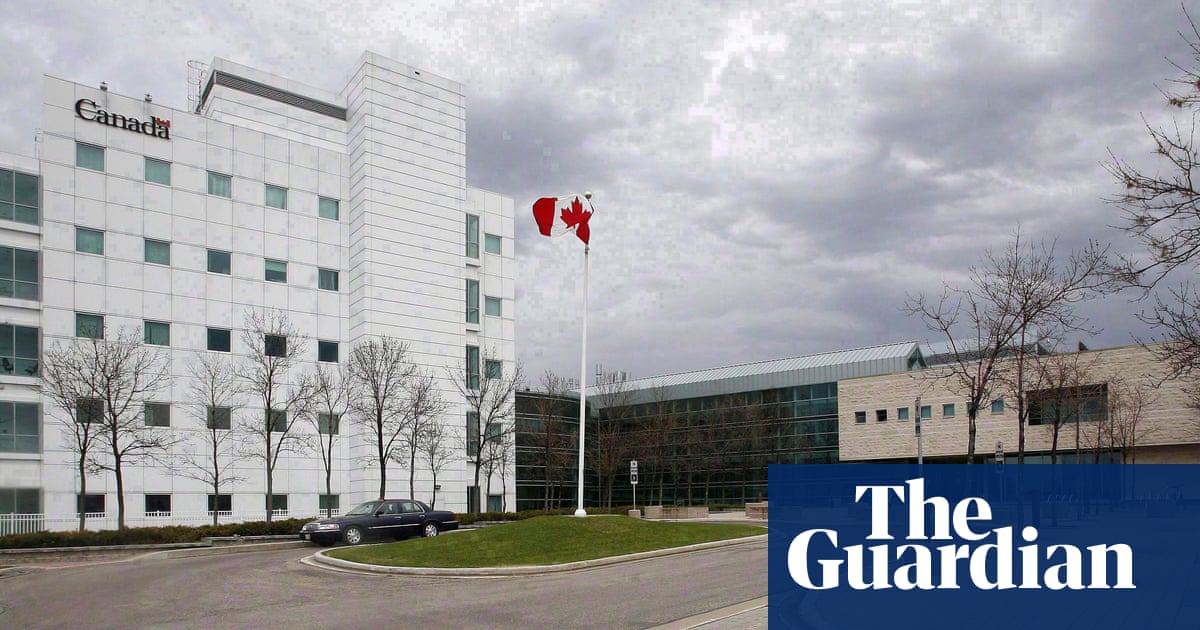
According to recently released intelligence reports, a prominent scientist at Canada’s most secure laboratory disclosed classified scientific data to Chinese organizations, held undisclosed meetings with officials, and posed a serious threat to Canada’s economic security.
The termination of Xiangguo Qiu and her spouse, Keding Cheng, remains surrounded by uncertainties since they were taken from Winnipeg’s National Microbiology Laboratory in 2019 and officially terminated two years later.
Intelligence assessments released late on Wednesday afternoon alleged that Qiu’s “close and clandestine relationships” with Chinese institutions which showed a “reckless judgment” could have harmed Canada’s national security. The assessments were among more than 600 documents released after a long fight with opposition legislators who had demanded information behind the sackings.
The Canadian intelligence agency, CSIS, determined that during security interviews, Qiu consistently provided false information about her connections to research organizations affiliated with the Chinese government. She persisted in denying or feigning ignorance, even when presented with conflicting proof.
Qiu initially claimed her 2018 trip to China was for personal reasons, but later admitted that the trip was funded by the Wuhan Institute for Virology. She also confessed to meeting with a high-ranking member of the institute during her trip. Further investigation revealed that Qiu had applied to work for the institute for two months each year, with the goal of enhancing China’s research on infectious diseases. This is documented in the CSIS report.
Qiu acknowledged that she transferred an Ebola sample to the Chinese national institute for food and drug control. This was in efforts to create a blocker for the virus. However, she did this without a formal agreement for the transfer or any cooperation agreement.
Qiu granted entry to the laboratory for two employees from a Chinese organization whose agenda does not align with Canadian objectives.
Both Qiu and Cheng filed grievances for their dismissal but have not commented on the allegations in the documents. Their current whereabouts are unknown.
The public health agency wrote a letter to Cheng expressing their “serious concerns” about his “close personal and professional connection” with Xiangguo Qiu and his knowledge and lack of honesty about their activities with foreign individuals and organizations.
The health agency informed Qiu that throughout the investigation, they did not express any remorse or regret, instead attempting to shift the blame onto the agency itself.
The organization stated that you cannot be trusted to fulfill your assigned responsibilities in a way that will positively represent PHAC and will not create a security threat to the Canadian government and PHAC.
The Liberal government in Canada has actively opposed the release of these documents for a long time. Initially, they were released with many parts blacked out, causing opposition parties to criticize the lack of transparency from Justin Trudeau’s government. However, a joint effort from opposition parties has finally forced the government to reveal the investigation.
Mark Holland, the Health Minister, recognized that there has been “insufficient adherence to the safety measures and regulations” at the laboratory, which is supervised by the Canadian public health agency.
Holland clarified that there were no instances of leaked national secrets or information from the lab.
The Conservative party, which is currently leading by a large margin in polls, has accused the Trudeau administration of allowing the Chinese government to gain access to Canada’s top-security laboratory.
Conservative leader Pierre Poilievre stated that Justin Trudeau and his Liberal government have failed greatly in terms of national security, and that Trudeau has made great efforts to conceal this failure.
Source: theguardian.com


















